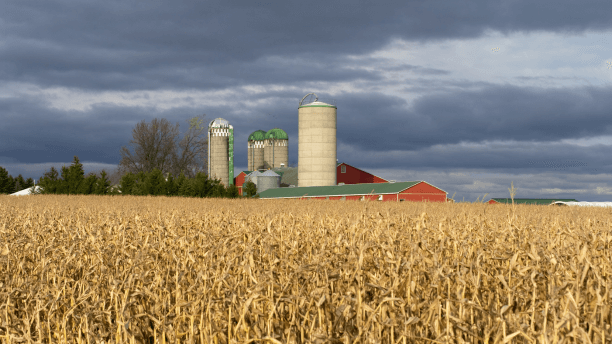Cultivating the Next Generation of Eco-Farmers: The Importance of Education and Mentorship
Introducing the Challenge
The world stands on the brink of an environmental challenge unlike any we’ve faced before. With the threat of climate change becoming more real with each passing day, the need for sustainable farming practices is urgent. Unchecked, conventional farming methods, though they may yield short-term gains, lead to soil degradation, water pollution, and a host of other environmental problems. Imagine a world where farms are not sources of pollution, but rather solutions to these environmental challenges. This is where the concept of eco-farming enters the scene.
The Power of Eco-Farming
Eco-farming, also known as agroecology, is a sustainable approach to farming that works with nature rather than against it. This approach promotes biodiversity, improves soil health, and conserves water, all while still producing high yields. Eco-farming is not merely a trend; it’s a paradigm shift in the way we think about food production. Nevertheless, for eco-farming to become the norm rather than the exception, there must be a concerted effort to train a new generation of farmers in these practices.
Education: The Seed of Change
The foundation of eco-farming lies in education. It’s crucial to introduce the principles of sustainable agriculture to students at an early age, incorporating it into school curriculums and offering specialized courses at the college level. This education should not only be theoretical; it should also involve practical, hands-on experience with sustainable farming practices. Workshops, internships, and field trips to local farms can give students a real-world understanding of the benefits and challenges of eco-farming.
Mentorship: Nurturing the Growth

In addition to formal education, mentorship plays a key role in cultivating the next generation of eco-farmers. Experienced farmers can guide and inspire young people, sharing their knowledge and wisdom, their successes and failures. This exchange of information can help new farmers avoid common pitfalls, and equip them with the skills and confidence they need to succeed. Mentorship programs can take many forms, from one-on-one training to community farm initiatives.
A Call to Action
In conclusion, the cultivation of the next generation of eco-farmers is both a challenge and an opportunity. Through education and mentorship, we can equip young people with the knowledge and skills they need to farm sustainably, and in doing so, we can help create a more sustainable and resilient food system. The time to act is now. By investing in the future of farming today, we can ensure a healthier planet for generations to come.








